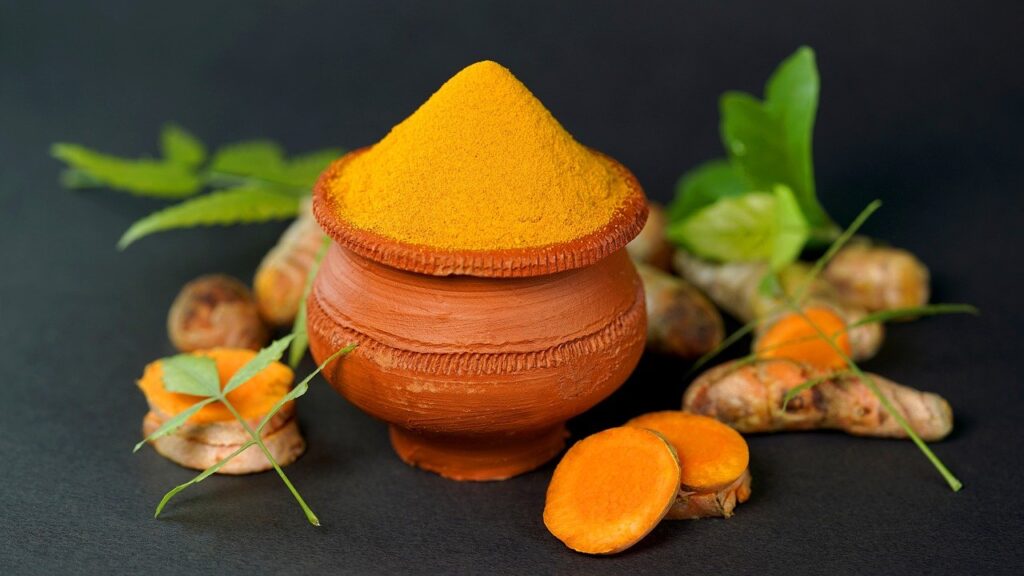This is a verse from Maharshi Charaka — you may think of it as our best prescription for today and tomorrow.
Yogaadapi visham teekshnam uttamam bheshajam bhaveth |
Bheshajam chaapi duryuktam teekshnam sampadyate visham ||
There is a timeless wisdom in these lines. It throws light on the importance of the legitimate, or ‘tweaked,’ use of a medicine. It says, even a potent poison, when judiciously used, can work like medicine. When inappropriately used, it can be poisonous. The word poison, in this case, is not poison in the literal sense. Anything that causes harm to the body, or health, gross or minute, can be considered poison — more like a toxin.
Here are a few examples — opium [poppy seeds] and its derivatives have been extensively used since ages, as medicine, when given in the right dose. Yet, opium is just as famous for being an intoxicant. This holds good for Sarpagandha [Snakeroot; or, Rauwolfia serpentina], a potent drug used to reduce high blood pressure. At the same time, a simple herb, such as turmeric, when used as a medicine, while keeping an eye on safe dosages and duration is fine, but when used indiscriminately may cause abnormal reactions, ranging from a simple allergic skin rash to gastric bleeding. Garlic oil, a good anti-hyperlipidemic agent, is a strong gastric irritant. There are, likewise, hidden issues with simple omega fatty acid supplements, or aloe vera juice too.
When a person studies medicine for 5-7 years, or more, they are also taught about the drawbacks, disadvantages, side-effects, adverse effects of drugs, their interactions with the normal functions of the body and other medications. It is only after knowing such subtleties and intricacies is a doctor certified and steps into their profession.
A professional doctor puts a great deal of thought behind each prescription. Agreed that there are, of course, several over-the-counter [OTC] medicines widely available, or formulated ‘speciality’ products, but it is not prudent to randomly use them, or other such medications, or drugs, without supervision, or prescription of a doctor, whichever system of medicine is followed. One has to be aware that no medicine, herbal or otherwise, can be used as a supplement, just because of one popular idea that ‘less is more medicine, or no side-effects.’
Herbs, or more precisely plants, can be both — food and medicine — the basic difference in the two is that food nourishes the body and medicine cures, or heals, the imbalances that cause disease. You’d now ask the question: how does the same plant work as food and medicine? The form it is used in — the processing, or cooking, it undergoes and the quantity, or dose — holds the key One good example is pomegranate. The fruit, eaten as it is, or the juice extracted from it, is nourishing, is sweet-sour in taste, is also rich in antioxidants, vitamin E and potassium; the fruit with its peel when given as a decoction is a good anti-diarrhoeal. The fact is food and medicine are not meant to work the same way in our body.
Herbal medicines today are largely exploited for its nutraceuticals and are grouped as supplements. But, the caveat is — we have to remember that all plants can be medicinal, but all plants cannot be food.
The beauty of Ayurveda is — it is customised. So, is its prescription of food, medicine, or nutraceutical, for every individual. There it is — please do not be under the flawed impression that everything herbal, food, medicine, or nutraceutical, is completely safe, albeit superior, high-quality products are, for the most part. The ‘spin-off,’ however, for all products, may not, as a rule, be severe, but there may be, at times, certain side-effects, some of them serious, when used inappropriately.

